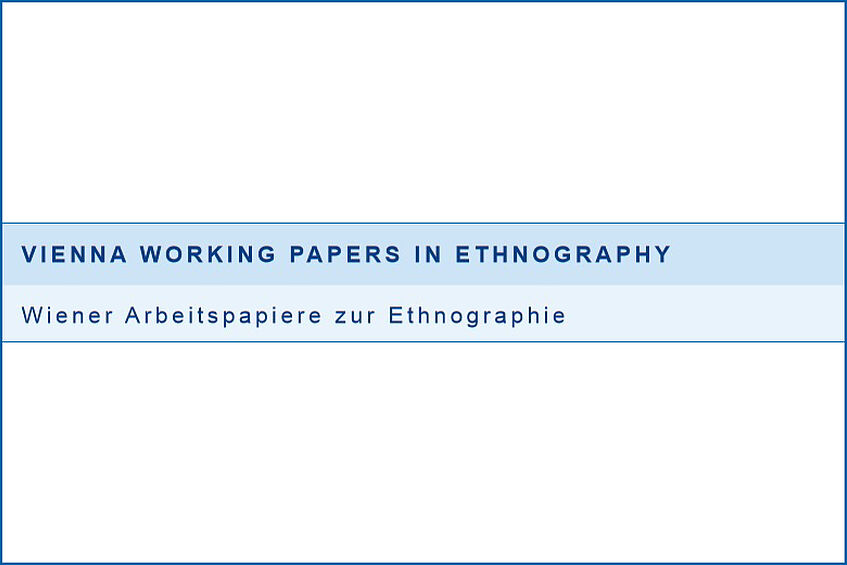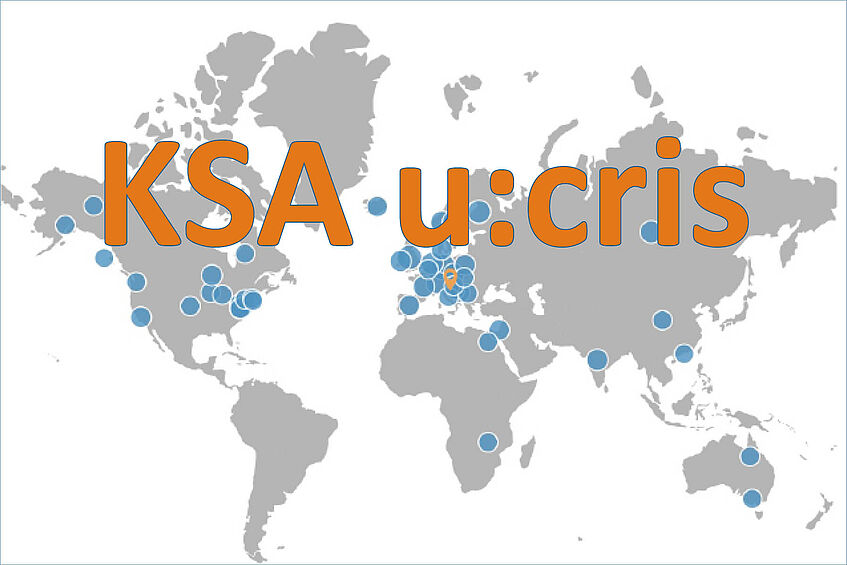Publications
peer-reviewed publications in u:cris
Lachen im Patriarchat
- Author(s)
- Gabriele Michalitsch
- Organisation(s)
- Department of Social and Cultural Anthropology, Department of Political Science
- Volume
- 22
- Pages
- 271
- No. of pages
- 287
- Publication date
- 2020
- Peer reviewed
- Yes
- Austrian Fields of Science 2012
- 605004 Cultural studies
- Keywords
- Portal url
- https://ucrisportal.univie.ac.at/en/publications/e274eaaf-d1db-4579-a666-652ec341340b





